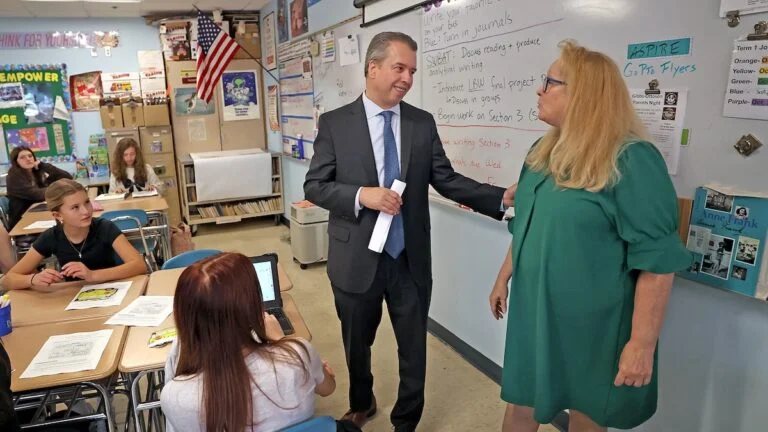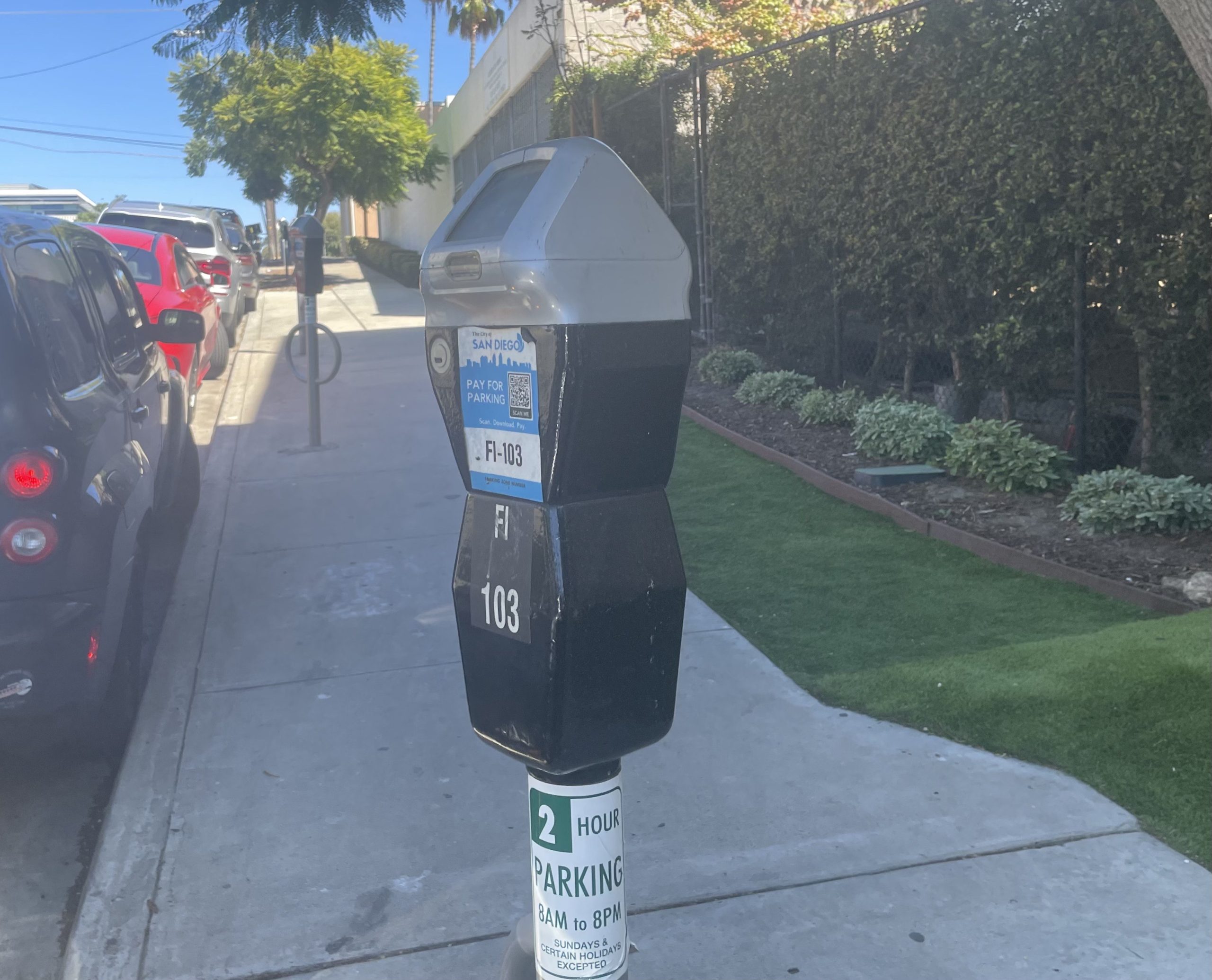
Students across Massachusetts, particularly current high schoolers, still haven’t rebounded academically from the pandemic five years ago, the MCAS scores released Monday indicate.
Third through eighth graders and 10th graders all take the MCAS in the spring. This year marks the first that the high schoolers are not required to pass to receive their diplomas after a ballot initiative last year.
Only 13 districts reached prepandemic levels of achievement, based on 2019 data, in both English language arts and math, the Department of Elementary and Secondary Education said in a press release. Sixty-three districts returned to pre-pandemic levels for grades 3-8, and 50 districts reached prepandemic levels in either English language arts or math for both age categories.
“I hope that all districts have met this benchmark,” said Elementary and Secondary Education Commissioner Pedro Martinez, who was hired this year to lead the board. “We want to exceed where we were in 2019, but the first step is to get back to that baseline.”
DESE and Martinez visited Ottoson Middle School in Arlington, one of the 13 districts that achieved prepandemic scores, to announce the results.
In addition to English and math, students also take science tests in fifth and eighth grade. A new civics test was administered for the first time to eighth graders, DESE said.
English scores still 10 points behind 2019’s scores
Only two categories saw an increase from last year’s scores. Fifth graders taking the science test scored one percentage point higher than last year, which was still three points below their scores in 2019. In English language arts, 42 percent of third through eighth graders met or exceeded expectations, which was three percentage points higher than last year.
Fifty-one percent of tenth graders met or exceeded expectations on the English test, which was a drop of 6 percentage points from last year. Both English test score results were 10 percentage points behind pre-pandemic numbers.
Third through eighth graders’ math scores were the same as last year, with 41 percent meeting or exceeding expectations, remaining at eight percentage points behind 2019’s scores. Tenth graders, with 45 percent meeting or reaching expectations, were three points behind 2024 and 14 points behind 2019.
While 46 percent of fifth graders’ science scores saw a slight increase, only 37 percent of eighth graders met or exceeded expectations on their science test. They are still 9 percentage points behind 2019’s scores. While high schoolers taking science saw a three percent decrease in scores to 46 percent meeting or exceeding expectations.
DESE said the scores highlight a need to address chronic absenteeism and improve early literacy, which are priorities of the Healey administration.
“We know that school communities are working hard to support their students, and I’m glad to highlight positive results among several districts while also recognizing the work that we still need to do as a state,” Education Secretary Dr. Patrick Tutwiler said in a statement. “We know our educators and students can do great things when all students are welcomed to school and attend classes every day.”



